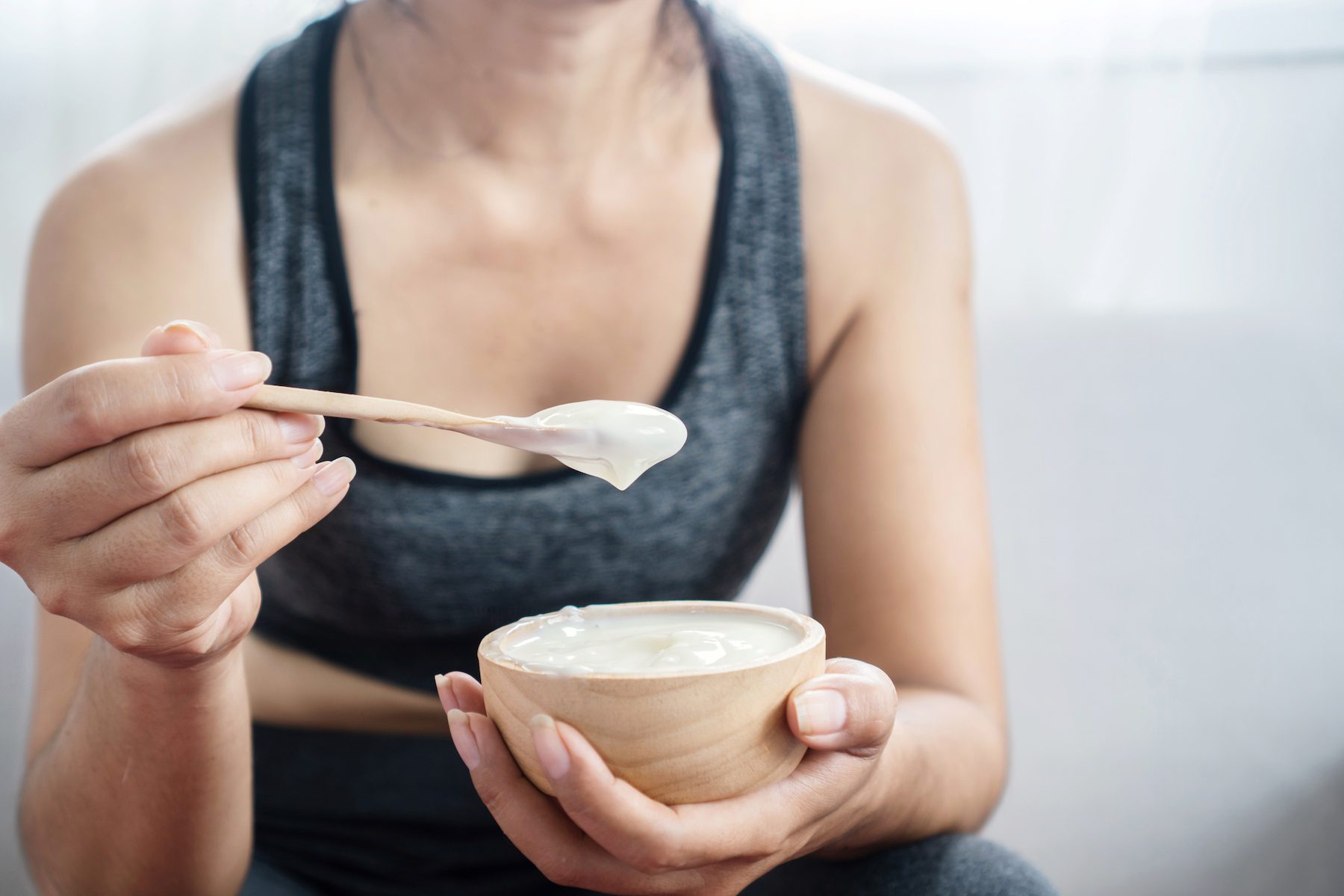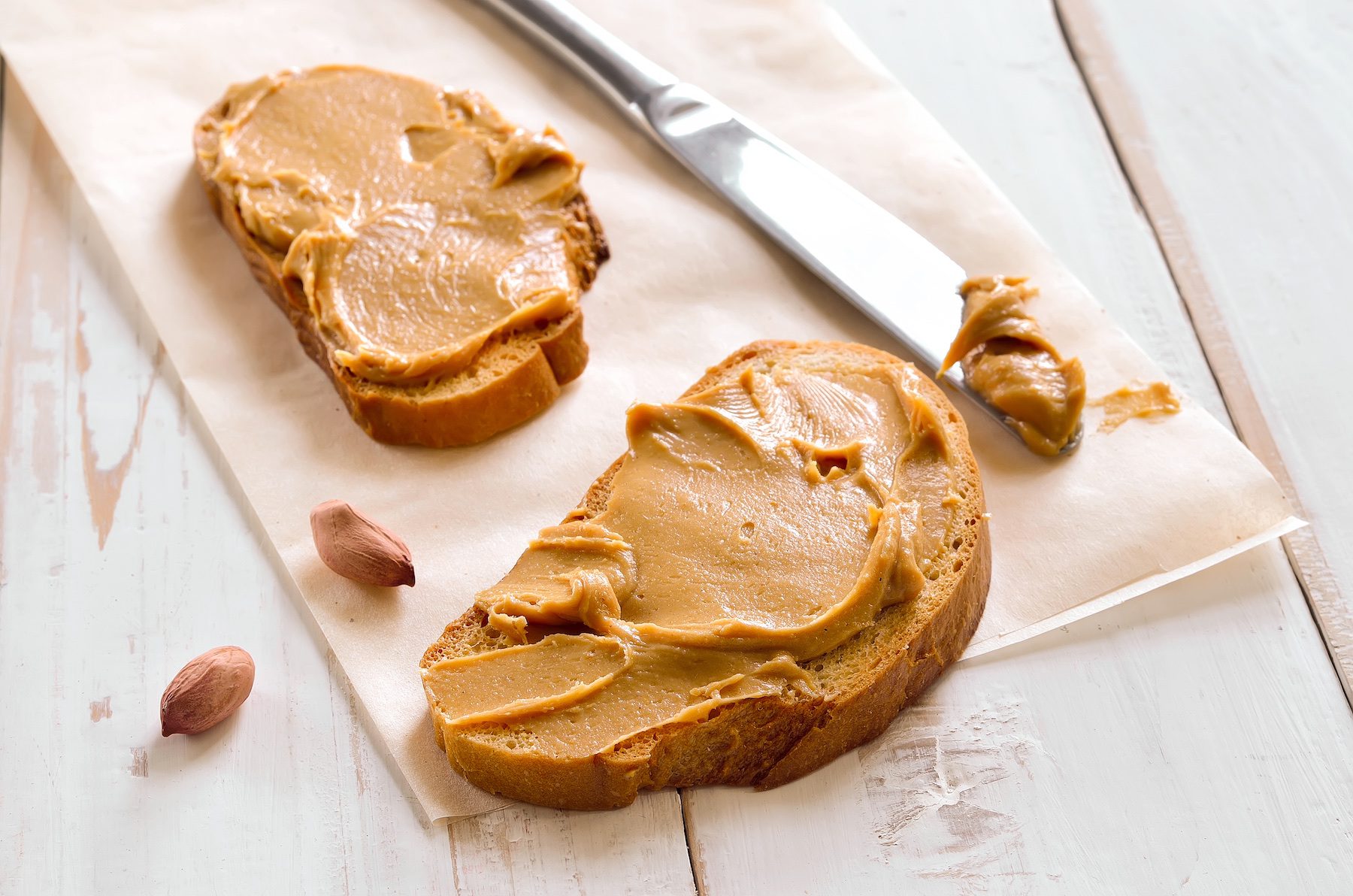Protein is an essential macronutrient for our bodies.
It has a number of functions including:
- Providing your body with energy
- Maintaining muscle and assisting muscle growth
- Supports communication between your cells, tissues and organs
- Helps maintain the pH levels in your blood and bodily fluids
- Forms antibodies to aid immune health
- Transports nutrients, blood sugar, cholesterol and oxygen throughout your bloodstream and cells
While most commonly this macro is associated with red meat and poultry, we’re here to share other sources of protein that aren’t meat.
Do also keep in mind, the average protein intake for adults according to Dietitians Australia is 0.84g per kilogram of body weight per day for men, and 0.84g per kilogram of body weight per day for women.
Table of Contents
Protein powders, bars & supplements!
There are a number of protein powders, bars and other supplement products on the market and really it’s just about finding the varieties that best suit you – for example, flavours you prefer or vegan protein versus whey protein.
When it comes to protein powder alone, they can have around 10 to 30 grams per scoop. Our equ Whey Protein Isolate, packs a punch with over 24g of protein per serve, is low in calories and tastes delicious too!
You can eat them as intended, in a smoothie, part of breakfast or as a desert. We love versatility that comes with protein powders, bars and supplements!
Seafood
Really all types of fish and shellfish are high in protein, and of course many other vitamins, minerals and nutrients including omega-3, vitamin B13 and iodine.
Here are some examples (all weighed raw):
- 150g of Atlantic Salmon, no skin = 19.5g protein
- 150g of Rainbow Trout = 29.4g protein
- 150g of Barramundi = 29g protein
- 150g Yellowfin Tuna Steak = 35g protein
- 150g Prawns or Lobster = 30g protein
- 150g Squid = 25g protein
- 6 x Sydney Rock Oysters = 15g protein

Greek Yoghurt
Not only is it packed with nutrients like vitamin B12, vitamin A, selenium, and zinc – greek yoghurt also contains plenty of protein.
While the amount will differ per brand and variety (added protein options for example), you on average get around 10g of protein per 100g of yoghurt.
Eggs
Eggs are such a versatile ingredient that you can incorporate into any meal of the day really!
One large egg has around 6.5g of protein. Get cracking!
Cottage Cheese
Low in both fat and calories, cottage cheese is rich in vitamins B12 & B2, calcium, phosphorus and selenium.
As for protein? Well you’ll get an impressive 15.4g of it per 100g.
Whack some on top of crackers or toast, in salads or even with some fruit and and honey!

Peanut Butter
Peanuts might be small, but they’re might when it comes to protein – with around 7.5g per 30g serving!
Peanut butter is a great addition to your day as its higher protein content can help you feel fuller for longer. Adding it to a high-carb meal may also help reduce blood sugar spikes after eating.
It also contains goodies like folate, magnesium and vitamin E.
Lentils & Black Beans
These guys are one of the richest plant-based forms of protein you can get your hands on!
Oh, not to mention they’re both loaded with nutrients like folate, magnesium, potassium, iron and fibre.
You’re looking at around 7.3g of protein for 100g of cooked lentils, and 8.5g protein for 100g drained black beans.
If you need more guidance on your personal calorie and macro targets, whether you want to lose weight, gain muscle or maintain weight, our nutrition coaches are here to help.
Find out more about equ and it’s life-changing results here.

